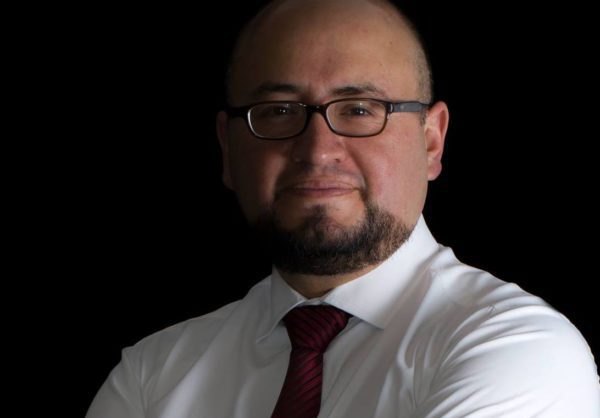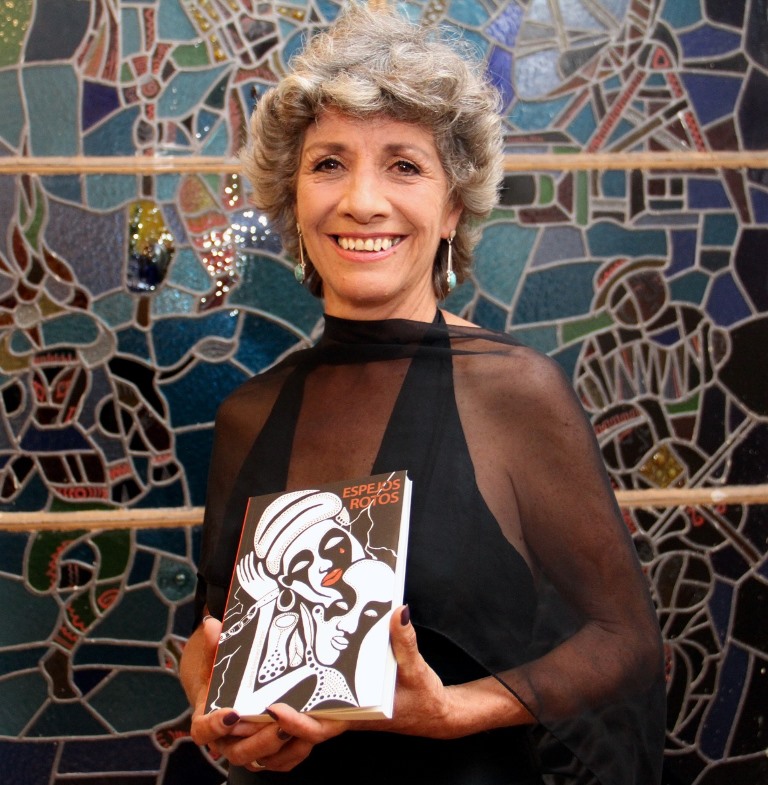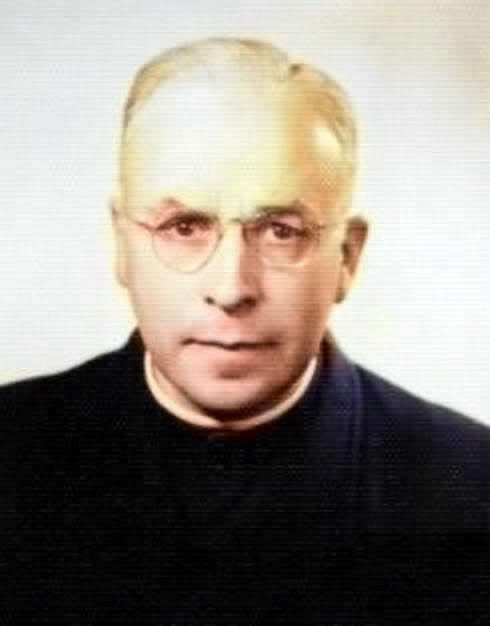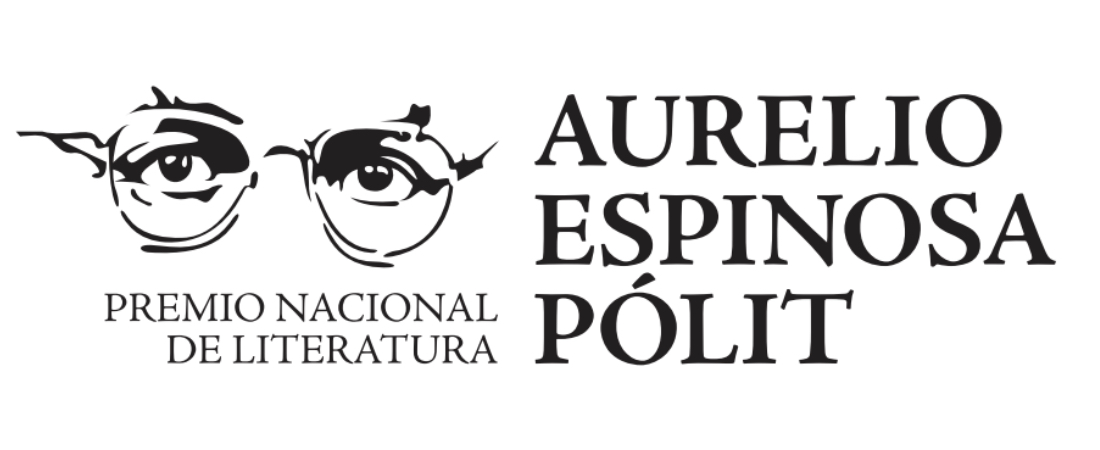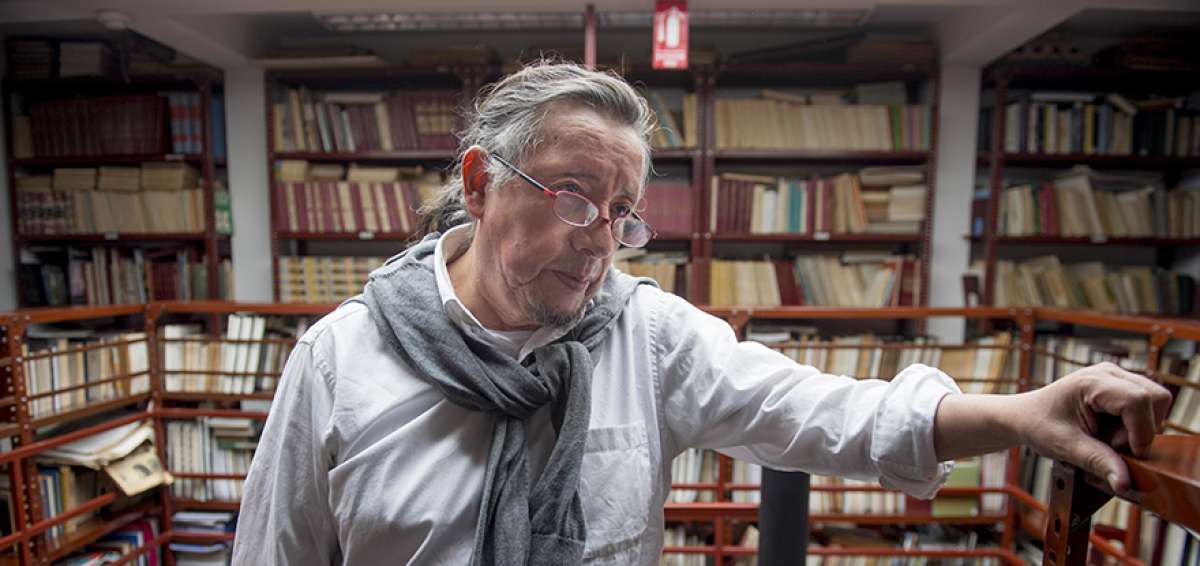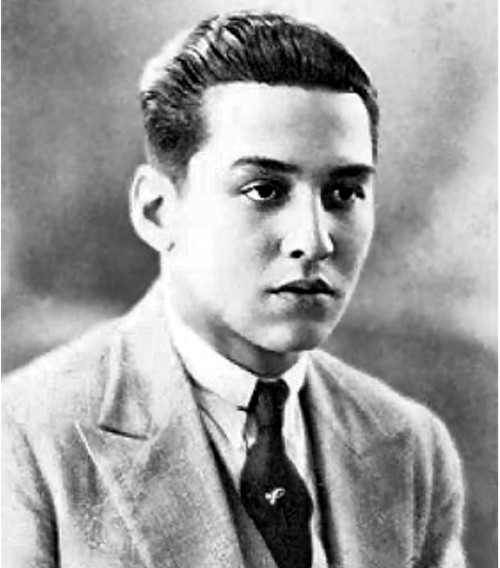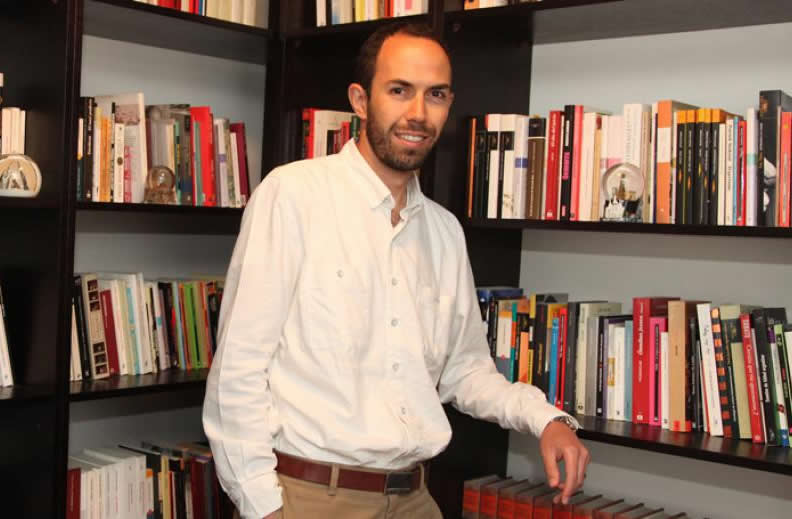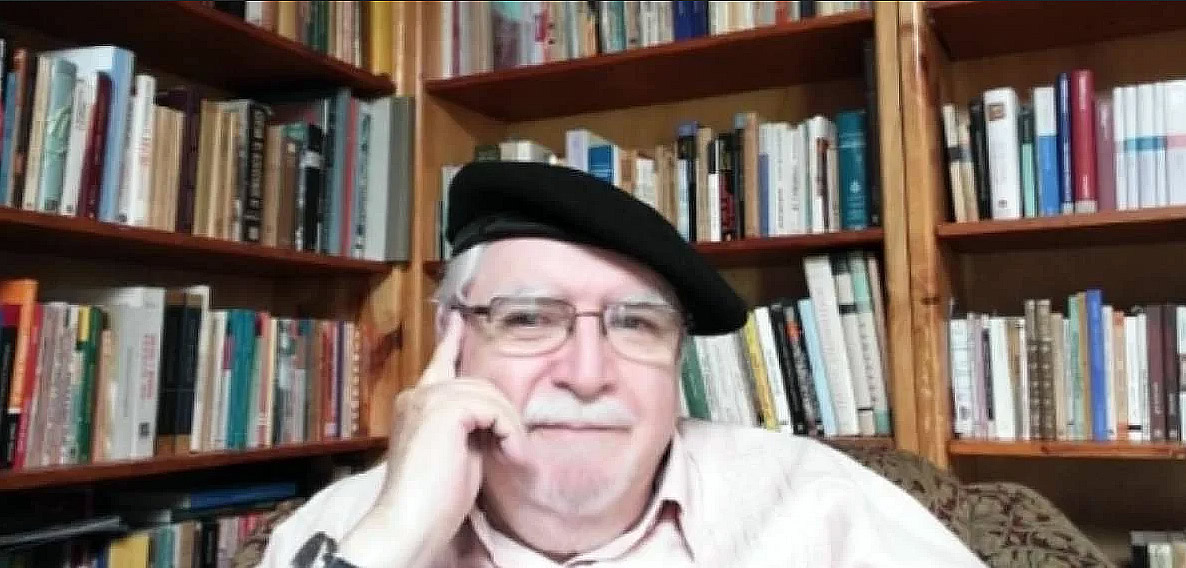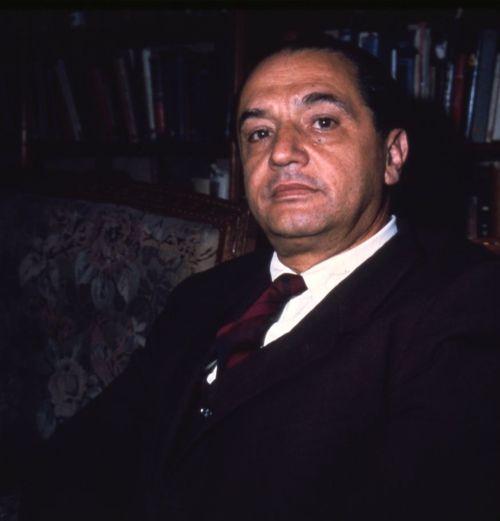Elking Raymond Araujo is a writer from Ecuador. He was awarded the Aurelio Espinosa Pólit Prize for his book of short stories “Al pie de la letra” (2008). He also wrote the book “Sin pelos en la lengua (ni en otras partes)” (2017). He currently teaches at the School of Language and Literature at the Pontifical Catholic University of Ecuador. Elking does research in Discourse Analysis, Syntax and Pragmatics.
Continue reading “Elking Araujo”Author: richard
The Route of Writers and Artists, in the General Cemetery of Guayaquil, Ecuador.
In the route of writers and artists in the General Cemetery of Guayaquil (also known as the Patrimonial Cemetery of Guayaquil) you can visit the final resting place of such renowned writers as Numa Pompilio Llona, José Joaquín de Olmedo, Jose de la Cuadra, Enrique Gil Gilbert, and Joaquín Gallegos Lara. The tourist route includes a third of the 15 hectares of the cemetery that were declared Cultural Heritage in 2003. A diversity of styles are mixed throughout this cemetery. The architecture between classical and modern, which combines art and funerary aesthetics, draws the attention of locals and foreigners.
Continue reading “The Route of Writers and Artists, in the General Cemetery of Guayaquil, Ecuador.”Sandra Enríquez Garzón
Sandra Enríquez Garzón (Quito, August 10, 1963) is an Ecuadorian writer. From a very young age, she developed a love for reading and the arts, often indulging in narrating stories of her own invention. Her adolescence went by almost unnoticed as she started working at a young age. Tired of the conventional lifestyle, in 1992 she made the decision to move to the Valle de Mindo in the northwest of Pichincha. Her childhood was surrounded by nature, rivers, and animals. Being a lover of good cuisine, she opened a restaurant that became a meeting point for many people for 14 years. At the age of 56, after having traveled through South America by land and seeking new inspiration, she wrote her first novel, “Espejos Rotos” (“Broken Mirrors”). The novel, set between 1830 and 1852, explores the theme of freedom in a historical context, woven into a story of love, magic, and humor. Enríquez has described it as “a story that reflects the years of the past in a broken mirror.”
Continue reading “Sandra Enríquez Garzón”Josué Augusto Durán
Josué Augusto Durán Hermida is a writer from Cuenca, Ecuador. In 2019, at the age of 25, his nonfiction book El abandono de la experiencia (originally titled Minutas de bulla under the pen name San Ambrosio) was awarded the XLIV Aurelio Espinosa Pólit National Prize for Literature. Durán currently resides in Amsterdam, Netherlands.
Continue reading “Josué Augusto Durán”Aurelio Espinosa Pólit
Father Aurelio Espinosa Pólit was an Ecuadorian Jesuit priest, writer, poet, translator, literary critic and university professor. His works carry religious, historical and cultural themes. He was born on July 11, 1894 in Quito Ecuador and died on February 21, 1961 at the age of 66. At the age of four, he and his family fled to Europe due to political reasons. He furthered his studies in Barcelona, Granada and in Cambridge. He returned to Ecuador in 1928, becoming one of the country’s most famous and respected writers.
Continue reading “Aurelio Espinosa Pólit”The Aurelio Espinosa Pólit National Literature Award
The Aurelio Espinosa Pólit National Literature Award (Premio Nacional de Literatura Aurelio Espinosa Pólit), established by the Pontifical Catholic University of Ecuador (PUCE) in 1975, is a prestigious honor that celebrates the literary achievements of Ecuadorian writers. Named after the renowned writer Aurelio Espinosa Pólit (1894-1961), this award holds great significance within the country’s literary landscape. It recognizes outstanding Ecuadorian writers in the categories of poetry, nonfiction, short story, novel, and theater, making it one of the most significant literary prizes in the country, along with the Eugenio Espejo Prize.
Continue reading “The Aurelio Espinosa Pólit National Literature Award”Huilo Ruales
Huilo Ruales Hualca is an Ecuadorian novelist, playwright, poet and short story writer. He was born on March 25, 1947 in Ibarra, Ecuador. He is considered one of Ecuador’s most important contemporary writers. Some of his works have been translated into French and German. His books have been awarded the Joaquín Gallegos Lara Prize (1989) and the Aurelio Espinosa Polit Prize (1994). He currently lives in Paris, France.
Continue reading “Huilo Ruales”José de la Cuadra
José de la Cuadra Vargas (September 3, 1903 – February 27, 1941) is considered one of Ecuador’s greatest authors. De la Cuadra was a social realist novelist who wrote the short story La Tigra (1932) and the novel Los Sangurimas (1939). He was a part of the “Guayaquil Group,” a group of young social protest novelists from Guayaquil, Ecuador, in the 1930s, which included Enrique Gil Gilbert, Demetrio Aguilera Malta, Joaqun Gallegos Lara, and Alfredo Pareja Diezcanseco.
Continue reading “José de la Cuadra”The Joaquín Gallegos Lara National Fiction Prize
The Joaquín Gallegos Lara National Fiction Prize (Spanish: Premio Nacional de Narrativa Joaquín Gallegos Lara) is a prestigious literary award in Ecuador, named after the renowned Ecuadorian writer Joaquín Gallegos Lara. This prize honors outstanding contributions in the field of fiction, celebrating works that demonstrate exceptional narrative skill and innovation. Established to recognize and encourage literary talent within Ecuador, the award has become a symbol of excellence in storytelling, fostering a rich literary culture in the country. Each year, it draws submissions from a diverse range of authors, showcasing the depth and variety of Ecuadorian fiction. The winning works often explore complex themes and reflect the social, cultural, and historical landscape of Ecuador, contributing significantly to the nation’s literary heritage. The Joaquín Gallegos Lara Prize not only honors individual achievements but also highlights the importance of literature as a means of cultural expression and intellectual exploration in Ecuador. Since 1989 has been awarded yearly by the Municipality of Quito, Ecuador to the best national works in three categories: the short story, the novel, and theater.
Continue reading “The Joaquín Gallegos Lara National Fiction Prize”José Hidalgo Pallares
José Hidalgo Pallares (Quito, 1980) is an Ecuadorian economist, novelist, and short story writer. He is the author of the short story books La vida oscura (2003) and Historias cercanas (2005, winner of the Joaquín Gallegos Lara Prize), and El manual de la derrota (2019, winner of the Joaquín Gallegos Lara Prize). His novels include Sábados de fútbol (2007) and La búsqueda (2013). His short stories have also been published in anthologies in Ecuador, Argentina, Chile, Cuba and the United Kingdom.
Continue reading “José Hidalgo Pallares”Juan Valdano
Juan Valdano Morejón (Cuenca, December 26, 1939 – Quito, August 2, 2021) was an award-winning writer of over 30 books encompassing a variety of genres, such as novels, short stories and nonfiction. He was a corresponding member of the Royal Spanish Academy and an honorary member of the Ecuadorian Academy of Language. He was awarded Ecuador’s top literary award Premio Eugenio Espejo in 2020. He also won the Joaquín Gallegos Lara Prize three times. Director Camilo Luzuriaga adapted his 1990 historical novel Mientras llega el día into a film in 2004.
Continue reading “Juan Valdano”Jorge Enrique Adoum – La Caja de Pandora Interviews – Part 1 and 2 (Spanish Audio)
Jorge Enrique Adoum was among Ecuador’s most brilliant writers. In these interviews, made in the latter part of his life, Adoum shares his experiences as a poet, novelist, playwright, politician and diplomat on an Ecuadorian TV program called La Caja de Pandora. Adoum also discusses some of his books, including Ecuador Amargo (1949), Entre Marx y Una Mujer Desnuda (1976), and De Cerca y de Memoria: Lecturas, Autores, Lugares (2002). Adoum was born in Ambato, Ecuador in 1926 and died in Quito, Ecuador on July 3, 2009. He was awarded the nation’s top literary award Premio Eugenio Espejo in 1989.
Text Deformation and Paratexts in the English Translation of Huasipungo, by Jorge Icaza
Trabalhos em Linguística Aplicada
On-line version ISSN 2175-764X
Trab. linguist. apl. vol.57 no.1 Campinas Jan./Apr. 2018
http://dx.doi.org/10.1590/010318138651619354831
DOSSIÊ
TENDENCIAS DEFORMANTES Y PARATEXTOS EN LA TRADUCCIÓN AL INGLÉS DE HUASIPUNGO, DE JORGE ICAZA
TEXT DEFORMATION AND PARATEXTS IN THE ENGLISH TRANSLATION OF HUASIPUNGO, BY JORGE ICAZA
Authors
- María del Pilar Cobo González – Universidad de Buenos Aires, Buenos Aires, Argentina. [email protected]
- Roberto Bein – Universidad de Buenos Aires, Buenos Aires, Argentina. [email protected]
Jorge Icaza reading from his prose (Spanish audio)
Ecuadorian novelist and playwright Jorge Icaza (1906-1978) reading from his prose. Recorded May 2-3, 1961, at the Casa de la Cultura Ecuatoriana, Quito.
Continue reading “Jorge Icaza reading from his prose (Spanish audio)”Jorge Icaza
Jorge Icaza Coronel (Quito, June 10, 1906 – Ibidem, May 26, 1978) is indisputably the most renowned Ecuadorian author of the 20th century. His impactful storytelling, exemplified in critically acclaimed novels such as “Huasipungo” and “El Chulla Romero y Flores,” presented an unflinching portrayal of Ecuadorian societal conditions, particularly the trials of indigenous and mestizo communities. Icaza’s “Huasipungo,” which brought the issue of rural exploitation to the global stage, has been translated into more than 15 languages, including two English versions, signifying his far-reaching influence. His status as Ecuador’s literary giant is not just confined to his homeland; his work has significantly shaped Latin American literature. His later role as Ecuador’s ambassador to Russia further exemplifies his multifaceted contributions. Icaza’s legacy has transcended time; his work continues to inspire and influence, marking him as a towering figure in Ecuadorian and Latin American literature of the 20th century.
Continue reading “Jorge Icaza”
